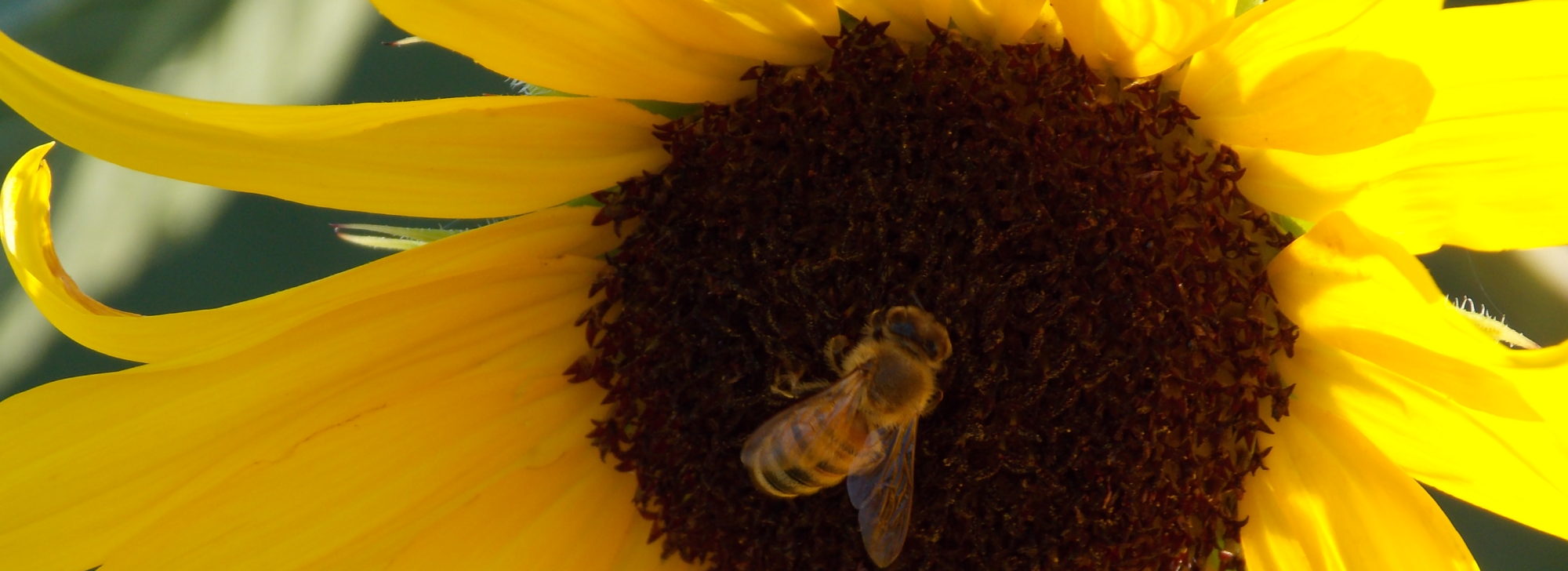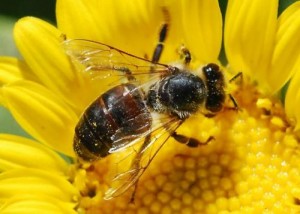I had an epiphany. There are so many things I want to learn about and experience so what am I waiting for? One of them is bee keeping. For years I've been fascinated by bees. I've studied them, researched apiary science, and formed ideas and opinions on how to best care for them. This information hasn't been put to the test yet. Next week my first package of bees, 3000 of them plus one mid-west bred dark queen will be shipped to the farm. Dark queens are said to be calmer and more resistant to disease. The hive's are built, soon to be painted when it stops raining.
One hive seems reasonable to start with, but by late June we'll have a couple more ready in case of a swarm. There's never been an agricultural challenge that I haven't embraced with confidence until now. Caring for chickens, hogs, cattle, sheep, and goats hasn't intimidated me but bees are far more complicated. They're fragile in the ecosystem, susceptible to toxins, mites, and environmental issues; plus, they sting. My goal isn't to harvest honey, I'll let the bees keep it for the first two seasons. It's the perfect food for them. Many bee keepers harvest the honey and then feed sugar syrup or corn syrup to the hive throughout the winter. To me it seems logical that the bees convert nectar and pollen into honey, the perfect food for the hive. They should benefit from their labor by living off of it. Good nutrition for the hive might improve disease resistance and strengthen the hive enough to overcome veroa mites, colony collapse disorder (CCD), nosema, and a myriad of other threats.
In the '1990's French researchers were alarmed by the disappearance of billions of bees. Their study targeted a link between colony collapse disorder (CCD) and the neonicotinoid insecticide, Imidacloprid created by Bayer. Neonicotinoids are chemically related to nicotine which works as a nerve agent destroying the central nervous system of insects. It's used in treating soils, seeds, vegetables, fruits, berry and nut crops. They are the most widely used insecticide in the world. Since 2008 seed treatments using neonicotinoids have been banned in France, Germany, and Italy.

SAVE THE BEES!
One of the biggest threats to honey bee health is neonicotinoid's used to treat seeds. Lawn and garden products are full of this pesticide. PLEASE read labels carefully. Buy organic if possible or environmental friendly, less harmful items. If you're buying seed make sure it's untreated. Below is a list of product names indicating they contain neonicotinoids. Print and take it with you to the garden center. Let's save the bees!
Ingredient lists may include these brand names; Actara, Platinum, Helix, Cruiser, Adage, Meridian, Centric, Flagship, Poncho, Titan, Clutch, Belay, Arena, Confidor, Merit, Admire, Ledgend, Pravado, Encore, Goucho, Premise, Assail, Intruder, Adjust and Calypso

